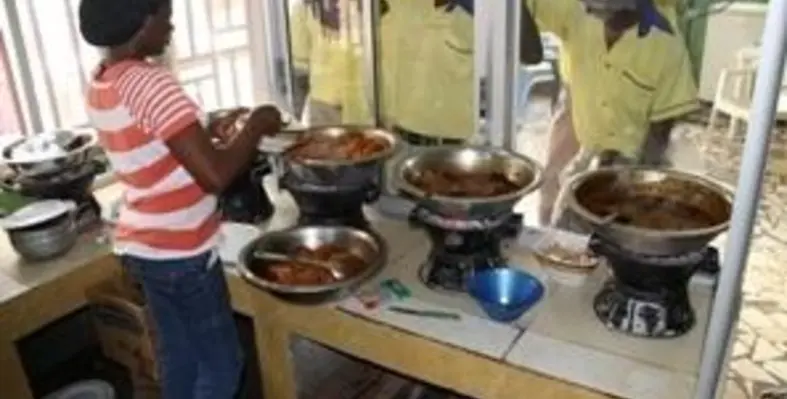Entrepreneurs create cleaner, healthier environments for Ghanaian communities and their West African neighbours
Toyola Energy Ltd, an enterprise that fabricates and sells charcoal efficient cooking stoves was recently acknowledged for its success in making over 150,000 efficient charcoal stoves accessible to low-income families.
Sarah Butler-Sloss, Founder Director of the Ashden Awards and chair of the judging panel highlighted the firm’s initiatives in sustainable energy use recently, in saying, “Toyola Energy Ltd. has taken a simple stove technology, adapted it to make it more robust and efficient and then focused its efforts on making this stove technology accessible to the poor so that they can save money and have cleaner, healthier environments to cook in. In the meantime Ghana’s forests are protected and greenhouse emissions reduced. This is a perfect example of how much can be achieved through the use of simple, clean energy technologies and clever, pro-poor marketing strategies.”
Growth
Developing a skills base, gathering materials A USAID-sponsored training programme first provided the entrepreneurs, Suraj Wahab and Ernest Kyei, with technical stove manufacturing skills, though they later adapted materials selection and production processes.
E+Co made an initial investment of $70,000 in late 2006 to develop a production and distribution system that greatly increased the availability of stoves in the market. 12 months later, Toyola was exceeding its sales projections by almost 90 per cent and absorbed another $100,000 of capital in early 2008 and then again in 2009 when they had gone from producing several hundred stoves per month to several thousand.
In the meantime, Toyola began the process of monetising the carbon offsets that its stoves produced under the Gold Standard. In 2009, they dramatically scaled up their operations, covered almost all regions in Ghana and are now realising their carbon revenues. They are looking to expand beyond the Ghanaian market and into the wider ECOWAS region.
Ghana is the largest per capita consumer of charcoal in the West Africa sub region. Many Ghanaians cannot afford to purchase a gas stove for their homes, making the switch to cleaner energy difficult.
Back-up fuel source
About 30 per cent of Ghana’s rural and urban households depend solely on charcoal for their chief cooking fuel and a further 9.2 per cent use it as a back-up fuel source. Ghana’s forest is depleting at a rate of 75 square hectares per year since 1990. Ghana’s two most populous and economically active regions, Greater Accra and Ashanti Region, consume over 80 per cent of the charcoal produced in Ghana. Each stove saves, on average, about one tonne of CO2 from being emitted into the atmosphere each year.
By using heat-conserving equipment outdoors, instead of more traditional cookstoves indoors, those who use them can avoid the high levels of toxic cooking smoke that have affected people's health throughout the developing world, not to mention the monetary saving compared to conventional stoves.
Ewan Thomson












